Alzheimer
-
Health

-
Health
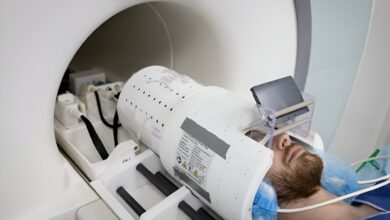 Health France
Health FranceWe’ve Just Generated the Clearest-Ever Images of the Brain
In the Plateau de Saclay area, south of Paris, France, the world’s most powerful magnetic resonance imaging machine produced the first and most precise images of human brains, giving healthcare professionals the best chances to effectively cure the illnesses to which they are afflicted.
-
Health
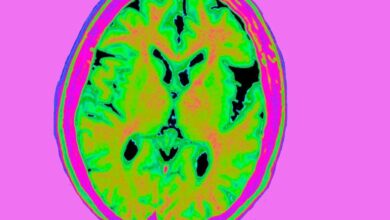
-
Technology
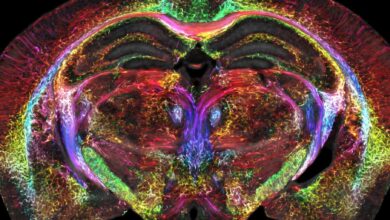 Technology USA
Technology USASharper MRIs: Brain Scans Are Looking Clearer Than Ever
Following decades of efforts to improve the resolution of Magnetic Resonance Imaging, a team of researchers from diverse American universities have created the sharpest images yet of a mouse brain, leading to a better understanding of the human brain.
-
Health
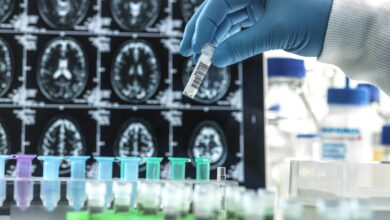 Health USA
Health USA“Zombie Cells”: The Cure to Alzheimer’s?
Alzheimer’s disease has a new foe in zombie cells, and an innovative experimental treatment is currently being studied in North Carolina, United States, giving hope to millions of patients that a cure to halt, or even stop the disease is on its way.
-
Health
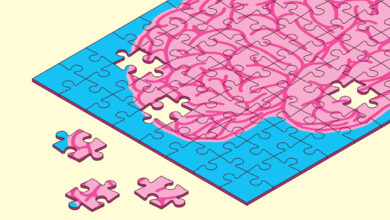 Health Ireland
Health IrelandNew Drug: a Game Changer Against Alzheimer’s?
Following decades of dedicated work to find an effective treatment against dementia, the Alzheimer Society of Ireland is welcoming a new drug that could potentially help thousands of patients dealing with cognitive decline and memory loss.
-
Health
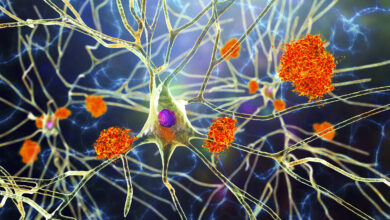
-
Health
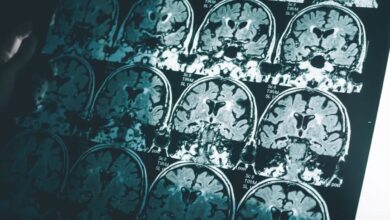 Health Switzerland
Health SwitzerlandTreatment for Down Syndrome Shows Big Promise
People with Down syndrome could soon have access to a treatment to improve their cognitive function, thanks to a team of researchers affiliated with the University of Lausanne, Switzerland, whose work shows great promise for those with the condition.
-
Health
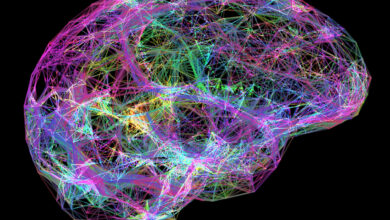 Health USA
Health USANo Symptoms? No Problem: This Blood Test Takes Alzheimer Detection to a New Level
Alzheimer’s disease could be detected in people who haven’t developed symptoms yet thanks to a new blood test that is cost-effective, non-invasive and accurate - giving patients a head start to treat the condition, while boosting research in the field.
-
Health
 Health Lithuania
Health LithuaniaEarly Signs of Alzheimer’s Can Now Be Accurately Detected!
A group of researchers affiliated with Kaunas University of Technology in Lithuania created an algorithm capable of predicting early development of Alzheimer’s disease with an accuracy of more than 99%, helping medical communities better treat their patients.